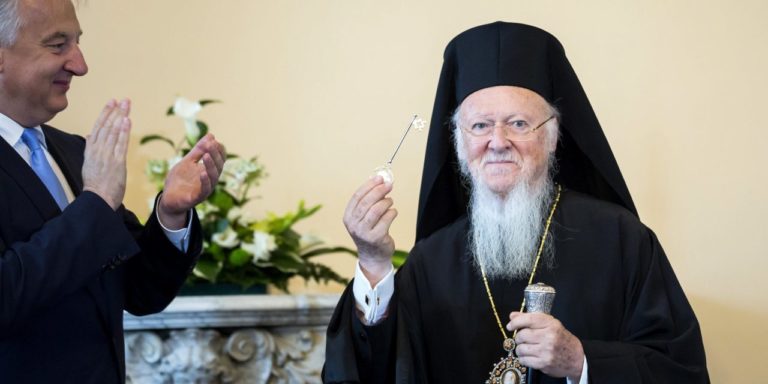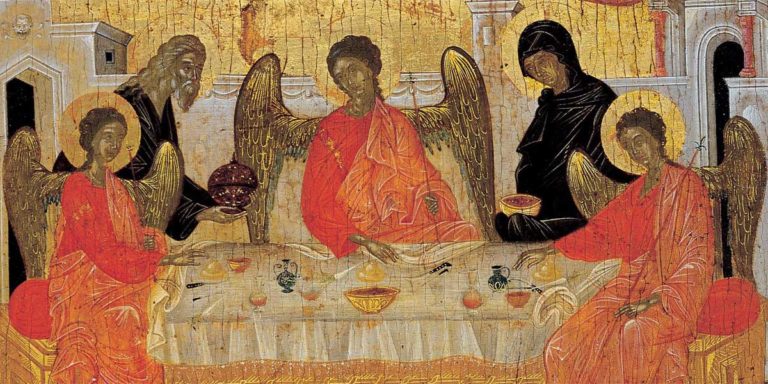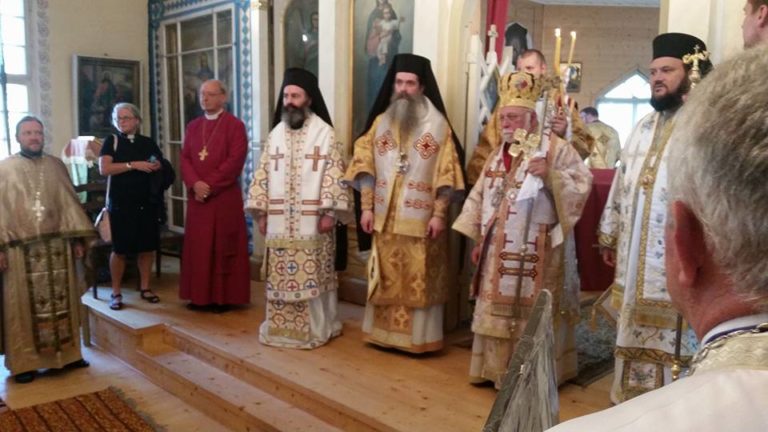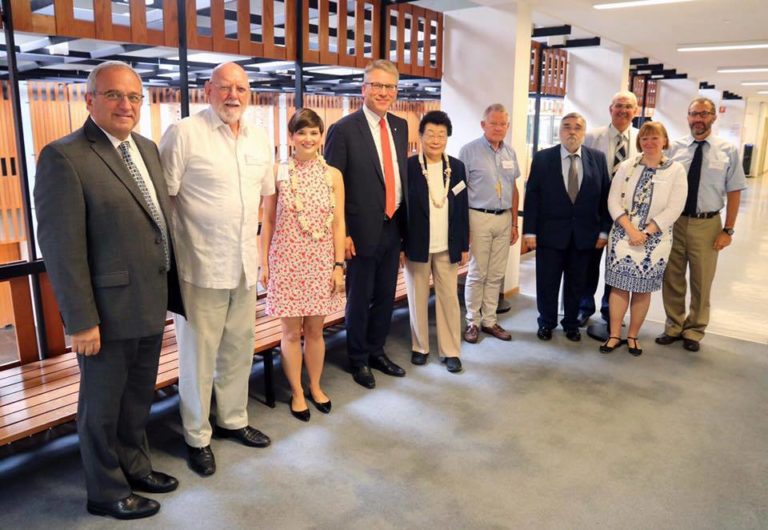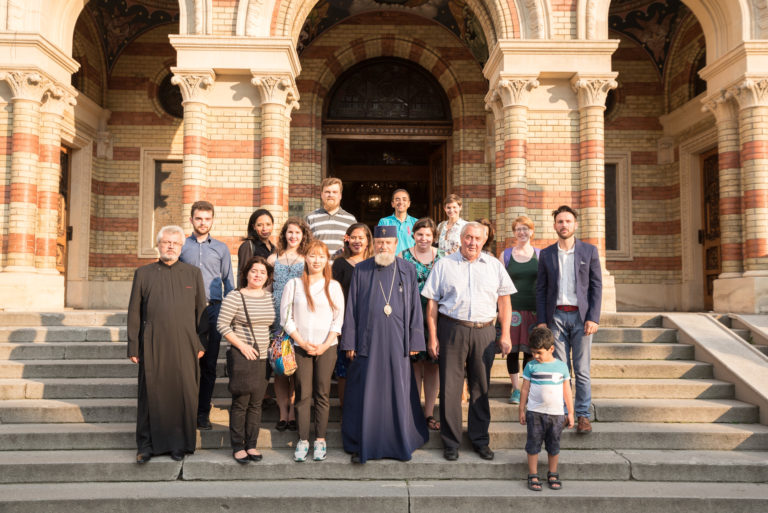
19 August 2017, Sibiu, Romania: Gathering in Sibiu, Romania, the World Council of Churches youth commission ECHOS met on 17-20 August for days of discernment on the position and role of youth in the ecumenical movement today, and to set the future path of the commission, as it journeys on the Pilgrimage of Justice and Peace. On 19 August, the group was received by the Romanian Orthodox Church.
Gathering in Sibiu (Romania), the World Council of Churches (WCC) youth commission ECHOS met on 17-20 August for days of discernment on the position and role of youth in the ecumenical movement today, and to set the future path of the commission, as it journeys on the Pilgrimage of Justice and Peace. Moderator Martina Viktorie Kopecká, from the Czechoslovak Hussite Church, who is also a member of the WCC Executive Committee and of the WCC Ecumenical Officers Network, welcomed the group saying, “as ECHOS commissioners, we are all called by God, who sent us on the most important mission, to proclaim the good news… Part of this journey of love,is to visit wounds and repent, to move forward, but also to move in the middle of our hearts, as we are on the pilgrimage together.”
A key point of focus for the commissioners was on how to be strategic in encouraging youth representation and securing active engagement of youth in the ecumenical movement in the future. Continue reading
